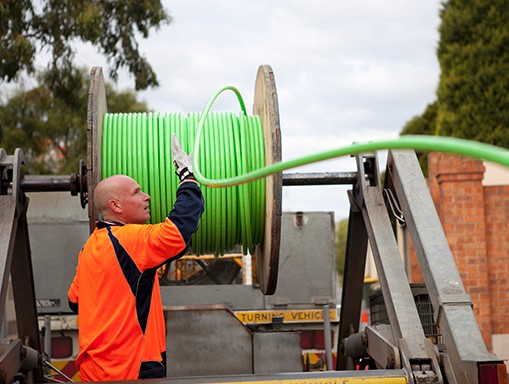One of the challenges for governments with smart city technologies is that most administrations don’t know the questions to ask about them, the City Protocol initiative aims to address this problem.
During the recent Internet of Things conference in Barcelona, Barcelona Deputy Mayor Antoni Vives discussed the objectives of the City Protocol Initiative.
“The solutions for our problems are more or less the same,” Vives says. “The problems cities have is they are too weak to talk to big corporations to ask for the solutions we need.”
“So the idea is to set up standard solutions in the way the internet protocol did through agreements between cities around the world and then through these agreements we set up standards that can be developed anywhere around the world in a very cheap way in a physical way that can improve people’s lives.”
The cities protocol already has fifty cities signed up to the protocol and partnerships with corporations ranging from Cisco to Schneider and Microsoft along with universities such as the MIT, the London School of Economics and the University of Chicago
Barcelona’s city government was instrumental in setting up the protocol following a visit to Cisco’s head office in 2012.
“We went to San Francisco and we explained to these guys, ‘we have a plan for our city, why don’t you join us?’ Provided that we convert this plan for Barcelona into something applicable and scalable for any city in the world.”
“What you have in Barcelona is something we want to scale and replicate anywhere in the world,” Vires proudly states. “The technology you see in Barcelona is something you’re going to see in ten years time in Addis Ababa, Quito, Johannesburg or Moscow. That’s the real revolution.”
Vires sees the smart city technologies changing the way councils and governments work with citizens, “we have discovered that rather than going from the administration to the citizens, going from the citizens to the people improves our own models. We never forget these guys are the people who pay our wages.”
“If you put a device in the city that can talk to them, then people are going to interact with the city in a way they have never done.”
As well as seeing it changing the way governments communicate with people, Vires is enthusiastic about what technology can do for his council delivering services to residents
“I have to have the best tools in my hands to deliver a better quality of life for my people.”
There are some risks though with the smart city technologies, particularly that of inclusion with less advantaged, immigrant or older age groups. Vires tells a story to illustrate how this is a priority for the city.
“We installed the smart bus stop,” says Vires. “There was an old woman and this bus stop has slots to charge mobiles and that old woman went to the slot, took a penny from her pocket and tried to put the penny into the slot as she thought she had to put a coin into the slot to make it work.”
“We have to make sure that that old woman understands that device is there to serve her, not to put coins into but to give her a better service.”
The old lady’s story illustrates the challenge facing all governments in implementing new technologies in making sure that everyone has access to the new services. Addressing the problem of equal access will probably be one of the greatest tasks facing the Cities Protocol team.





